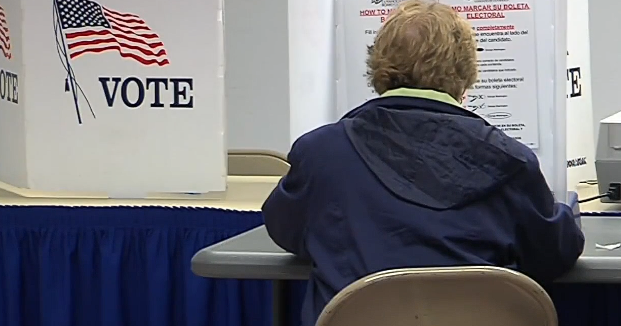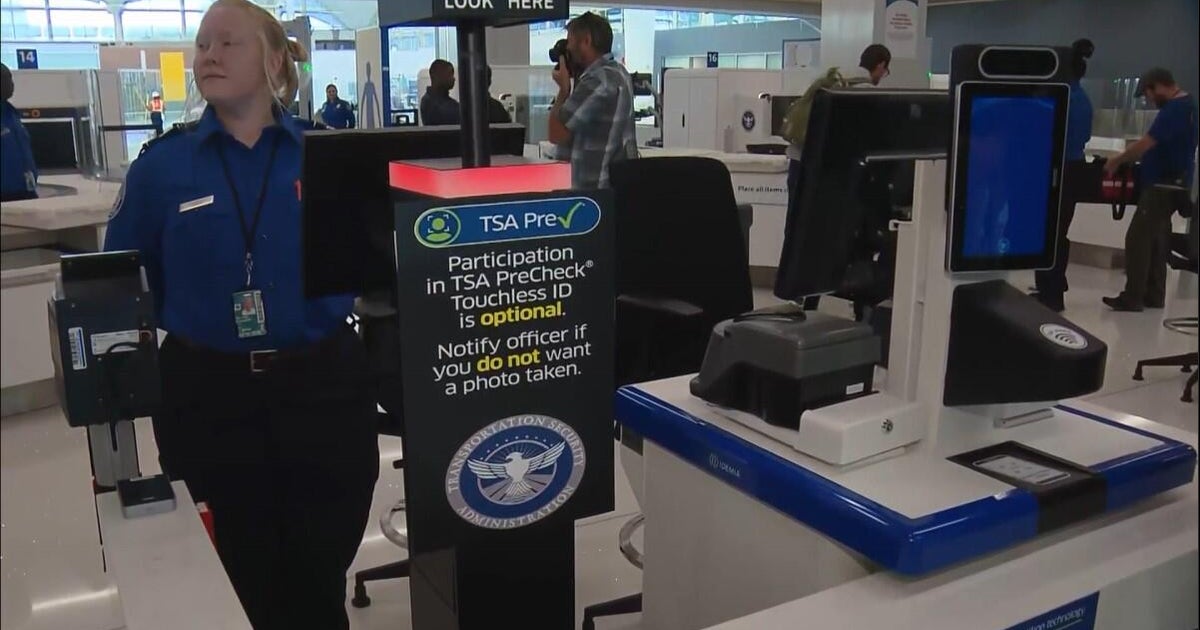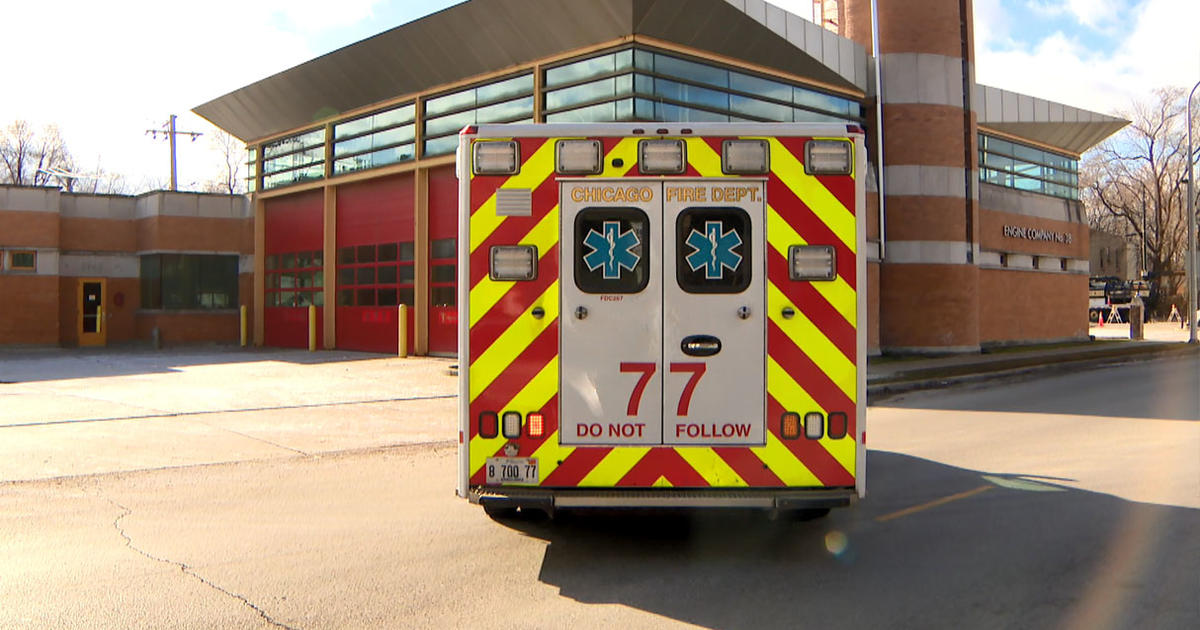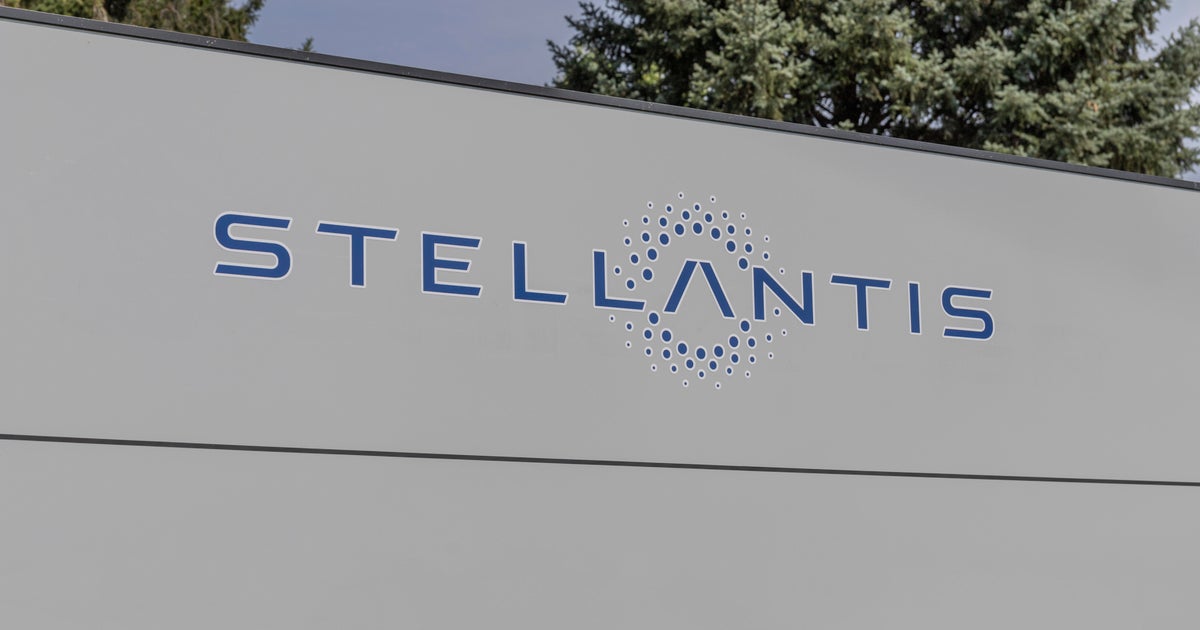Nissan May Move Engine Production To U.S. Short Term
DETROIT (AP) - Nissan Motor Co. said Thursday it is considering moving some engine production from Japan to the U.S. because of earthquake damage to a Japanese plant, another illustration of how seriously the disaster has upended the global network of auto supplies.
Car factories could face serious shortages of Japanese parts by the middle of next month unless Japan's auto industry can quickly restart its shuttered production following a devastating earthquake and tsunami March 11, experts say.
As stockpiles of parts from Japan run low in the coming weeks, some North American plants are bracing for shutdowns. Toyota has warned workers it may idle operations.
``The impact of the supply shortage will begin to be felt more intensely by global automakers by the middle of next month,'' Paul Newton, auto analyst with research firm IHS Automotive, said Thursday.
Supply disruptions in Japan generally are felt by U.S manufacturers three to four weeks later, depending on a company's stockpiles, Newton said. That's because of the time it takes to ship parts from across the globe. So shortages caused by Japan's March 11 disaster could hit the U.S. by mid-April.
Nissan said Thursday that its U.S. plants will operate at full production through April 1, and may even pick up some business due to damage at the Iwaki engine plant in Japan. Nissan said it is studying whether to have its Dechard, Tenn., engine plant supply six-cylinder engines to Japan.
Honda Motor Co., Mazda Motor Co. and Mitsubishi Motor Corp. said Thursday that North American production is continuing normally. Subaru, a division of Fuji Heavy Industries Ltd., also said that North American production is continuing, although it has suspended overtime. Fuji resumed making parts for its foreign operations Wednesday.
In Japan, Toyota plans to resume production of the Prius and two Lexus hybrids - the HS 250h and CT 200h - on March 28. The Prius is made at the Tsutsumi factory in western Japan, while the Lexus models are produced in the southern island of Kyushu, areas outside the epicenter of the disaster.
As for the company's nine other factories in Japan, Toyota has only said shutdowns will last at least until Saturday. It will have lost production of about 140,000 vehicles by then.
Nissan said it resumed production of its Leaf electric car, but warned that rolling blackouts could potentially hamper production at its Oppama assembly plant, where the Leaf is made, and its battery plants in Zama.
Honda said Thursday that the suspension of car production at its Saitama and Suzuka factories will be extended to April 3. It had previously said production was halted until Sunday.
It is restarting production of motorcycles at its Kumamoto factory on Monday.
(Copyright 2011 by The Associated Press. All Rights Reserved.)







